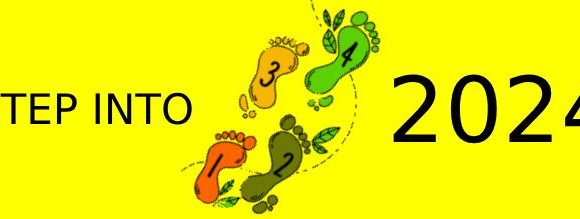People come to palm readers as truth seekers, they want the hard truth, good or bad. The truth, conveyed with virtues of kindness and compassion, is a necessary part of our skill-set. Honesty is the best policy, but here we have a grey zone. Can lies by omission be pardoned, are there occasions when withholding the truth from a client is the right thing to do?
As readers, an alluring option is to be kind, to reassure them of happy endings, but there is a fine line between our need to encourage clients, and their need for authentic honesty. Since white lies are lies that are not intended to harm and indeed are often intended to benefit the person by making them feel good, or preventing their feelings being hurt, it may feel for the reader that lying is easier than honesty, that bypassing radical honesty has the magical power to spare feelings and to preserve comfort.
But readers who cloud the truth damage their own credibility. While as readers we cannot be absolutely certain of any inevitability in the client’s life, there often comes the sense of the likelihood of their desired outcome being bleak. Based on what we see in their hands, what we feel in their energy field, and what we hear in the conversation, we might feel a sense of dread and despair, with an inner knowing of their facing severe restrictions ahead. In these situations, it is not fair for us to engender unrealistic expectations and give hope where there is none.
A courageous enquiry into possible unfavorable outcomes is what is needed most. Far better to let them down as gently as possible. Using the word “warning” is distressing, but by working tactfully, in the context of “in the event of this situation not having the outcome you hope for how might you take the initiative?” we better encourage and empower them. Conversation is directed towards a plan B. Enquiry best directs into defining resources for how they will cope in the event of disappointment, with focus on what resources they have and what might do to best support themselves.
This being said, there are certain circumstances where information that is un-useful, hurtful and psychologically harmful can be withheld. For example, a client with a rampant cancer asks if they will survive their illness. Our intuitive knowing is perfectly clear, but for this client, who is not yet ready to accept their diagnosis, there might be an intent and purpose to our lying; by withholding the truth we consciously choose to not take away their hope. Evasion of the truth that protects or eases burdens is, under certain circumstances, acceptable. A definitive no, you will not survive this could have negative consequences. In some cases, benevolent lies may be the kindest and most reasonable course of action.
On the other hand, with a different type of client, who is in the same terminal illness situation but who is past the stage of denial, our telling them the truth sets them free and opens the conversation to a deeper intimacy; without our honesty the person would intuitively feel abandoned, empty and disappointed.
Another perspective maintains that radical honesty, regardless of whether it produces good or bad consequences, is always best, that in the quantum field, no matter what transpires, the client needs to hear, to have that experience, and that they as the querant are 50% responsible, by virtue of their outreach, for what they are told.
A complicated dynamic easily arises when working with couples. By way of one example, a wife, who is first for a reading, reveals that she is having an affair and that she is planning a divorce strategy. In her husband’s reading a few days later, he mentions his suspicions, asks “What did she tell you?” and “Can you see in my hands if she is with another man?” In these type instances, we protect client confidentiality and withhold the truth. Here we have good reason to be as ambiguous as possible, a lie here is self-protective in that it maintains professional boundaries. Even though he is sure at some stage to discover that I as their reader in fact knew of her love affair, my maintaining ethical integrity takes precedence over betraying her confidence.
Jennifer Hirsch
Cell: +27 082 415 0653
Jennifer Hirsch is an ambassador for the craft of chirology and palmistry. Her purpose is to share the intuitive and counselling and coaching components of hand reading. Jen has pioneered chirology in South Africa since 1991. She teaches that our hands are our unique, personal guide and tool for self enquiry and that their forms and markings depict our physical, emotional, vocational, mental and spiritual realms. She has authored 5 books on how to read hands, all of which are available on Amazon.
https://www.amazon.com/Jennifer-Hirsch/e/B07QC3JL2H/ref=ntt_dp_epwbk_0
Visit Jen’s YouTube channel for regular tutorials: https://www.youtube.com/channel/UCSlNvdo9VG9wVC2iNyo4Gpg
For more information about consultations (online, based on photographs, or in person) and training courses please contact [email protected] or call Jen 27 082 415 0653 or visit www.godgivenglyphs.com








